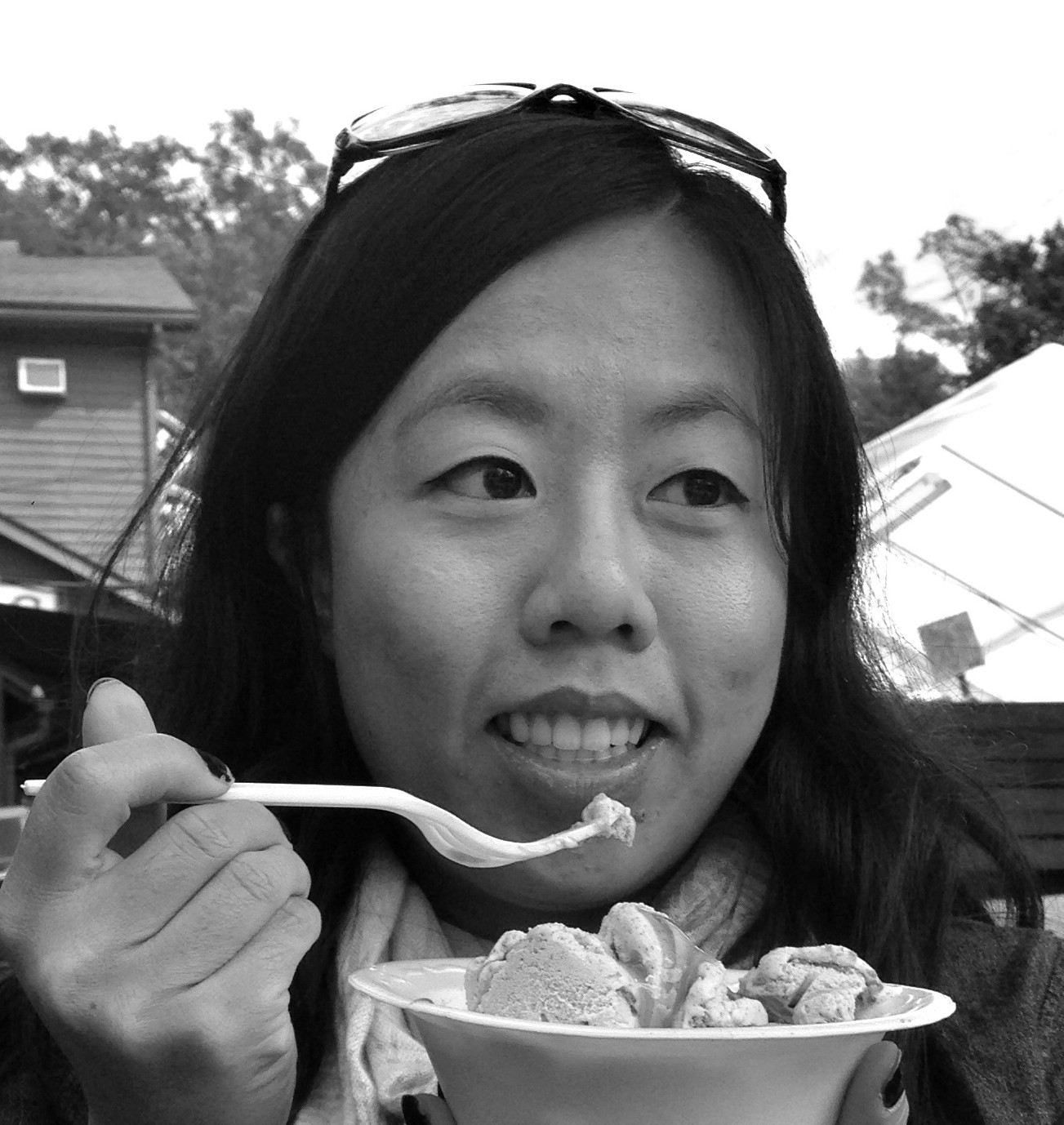Location | Ann Arbor
Course Description:
This course explores the relationship between social and political forces and architectural production in Tokyo from 1868 until the present. Since Tokyo became Japan’s capital in 1868 its urban form has evolved through a perpetual cycle of construction and destruction. The Kanto earthquake of 1923, the air raids of 1945, the Olympic games of 1965, the “bubble” economy of the 1980s, and current proliferation of neo-Corbusian “cities with the city” have collectively produced the elusive spatial character of Tokyo. Significant historical events frame the discussion of key architectural projects and urban spaces in Tokyo. The course is divided by themes including spaces of modernity, commerce, death and memory, religion, sex, leisure, culture, and dwelling. Examining Tokyo through the last 150 years enables us to understand not only the development of modern and contemporary Japanese architecture, but also the influence of socio-economic and political forces on the built environment, as well as how the resulting spaces are utilized.
Throughout the semester, we will engage in a close reading of the text The Production of Space by Henri Lefebvre. It is noted in the syllabus as PS. Whenever a reading from this book is assigned, we will dedicate some time to discussing it in class (it may or may not directly relate to the designated theme for the week). You are to incorporate some aspects of this reading in the written component of your final project.
The final paper must consist of a written and a visual component. The paper component is to be 12-15 pages long, double spaced, with reasonable font size and margins. The visual component is to be determined with instructors’ consent.
Tokyo trip:
A one-week trip to Tokyo (February 24 – March 3) is a mandatory component of this course. During the trip, you will conduct research on a chosen site, from which you will develop a final project. Expenses for the trip will be covered by the History of Art Department, School of Architecture, Office of International Programs, and the Center for Japanese Studies. You are required to pay a $150 fee for the trip (due January XXX), and must cover most of the meals in Japan. A passport is required for the trip.
Requirements:
Regular attendance, completion of all required readings, and active participation (30%)
Assignments #1 and 2 (10%)
Presentation of collected visuals (10%)
Final presentation (20%)
Final paper (30%)
[This entry was taken from my old blog, Building Tokyo. Formatting may have changed when moved to Explore!]
